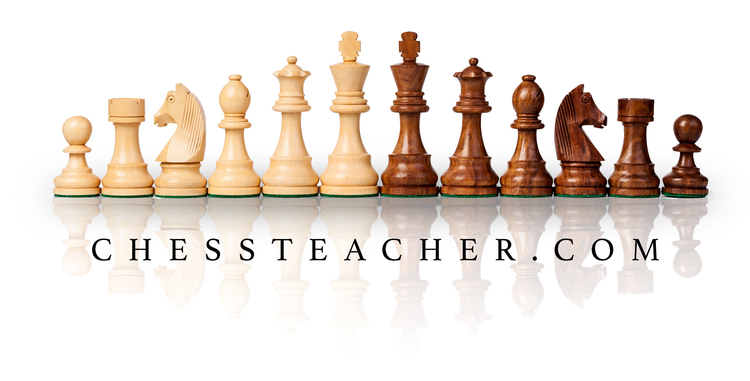4 Skills That Chess Lessons Teach Children
Children who have a knack for the game of chess go a long way by building their skills, improving their ratings, and taking everything they learned to tournaments and other large chess matches. Personal one-on-one chess lessons offer the chance for a child to improve their skills, build on their weaknesses, and create better strategies for winning.
Along with actually improving at the game of chess, your child will have learned skills which they can use in everyday life. These skills help with home life, school, and everyday interactions with other people. Read on to learn about these skills and ways to increase your child’s chess rating at the same time.
1. Critical Thinking
Chess offers the chance for players to learn critical-thinking skills. Chess isn’t just a move-by-move type of game. Players must think of different scenarios for each piece and possible strategies to follow as the game goes on. In some cases, players plan their moves several turns in advance and then adjust their plans as the opponent counters their moves.
The critical-thinking skills learned on a chessboard may be used in the everyday life of a child. Whether the child is doing homework or in a tough situation, the thinking skills allows them to act while still understanding the consequences of their actions. This understanding may help your child reduce their impulsive urges and contemplate what’s to come.
This thought process is expanded naturally through chess and chess lessons. A chess teacher has the ability to teach a child the best ways to harness these critical-thinking skills and use them in life and the game of chess. The more your child practices chess, the more these skills will improve and be implemented into everyday life.
2. Other Perspectives
Along with critical-thinking skills, learning and growing through chess gives your child a chance to see the world from other people’s perspectives. As your child moves each piece on the chessboard, they learn how other players will react to their moves and their opponent’s perspective.
For example, if your child’s piece is moving in towards the King, then they will begin to understand the move options another player has to protect the King. Seeing another person’s perspective allows a child to have empathy in everyday life and see the motives of others.
In school, a child may use this skill to understand the actions of others. At home, a child may use their new understanding of other’s perspectives to understand why parents may need a little help with the chores around the house. Learning to put themselves in the shoes of another chess player really helps open up the mind of a child.
3. Patience
Chess is often a game of patience. Rushing to make your move could result in a lost piece or a possible checkmate. Through chess lessons, an instructor teaches your child to relax and take their time. Your child will learn how to wait things out and see all the options.
Naturally, patience is needed in many aspects of everyday life. Children may utilize their patience skills in waiting for meals, completing homework, or waiting for a chance to watch television. Patience may not come naturally, so learning this skill from a tutor helps build patience skills.
4. Building Goals
Another big part of taking chess lessons is setting goals to improve a child’s rating. After an initial consultation, a child’s goals are set for future lessons. By setting the goals, the child has something to work toward, build upon with each lesson, and achieve.
Creating goals outside of chess helps a child learn responsibility and builds responsible habits. Goals in everyday life may be something as simple as saving money or improving grades. Setting goals helps a child in so many aspects of their life and gives them a lot to look forward to.
Help your child build all of these skills by taking advantage of the chess lessons available at CHESS TEACHER. Contact us to learn more about our classes.
